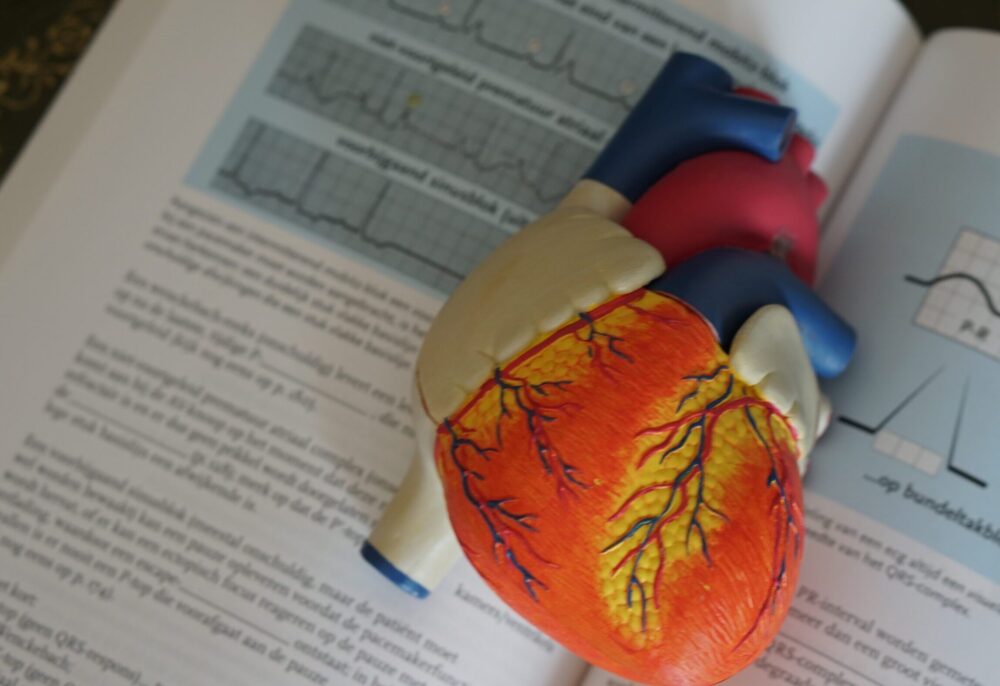A subtle chest pain, feel of a pinch or pricking, and stiffness on the chest might seem very common in middle-aged people due to stress, change in lifestyle, and any sudden consumption of medication may be the reason but it could be so many other deducing causes. People often confuse themselves in coming to terms with what are they suffering from. The chest pain seems a lot like a heart attack to everyone who is indifferent to the mere knowledge that Chest pain and Angina are two different causes of pain, the only relation is that the occurrence of Angina leads to the possibility of a heart attack in future.
Their sign and symptoms could be a lot alike and confusing enough but to push away the bewilderedness, it is essential to strengthening the idea about what is what in both cases.
What is Angina Trouble?
According to American Heart Association, Angina, also termed as Angina Pectoris is a medical term given to causing chest pain due to narrowed Coronary Artery which occurs due to not enough supply of blood which has enough supply of oxygen in it. The feeling might persist like a squeeze inside the chest, and the rise in discomfort from there till shoulders, arms, neck, and jaw. The pain may also be perceived as indigestion or gastric problem as well. All these signs are a warning from your heart and a cry for help that the oxygen supply is pretty less and immediate diagnosis is very necessary. This might lead to Stroke or what is known as Ischemic because it’s the same when the CHD (Coronary Heart disease) causes the artery to narrow down causing an ultimate blockage in proper oxygen supply and leads to stroke.
Types of Angina
- Stable Angina
This is the concluding factor of any kind of rigorous physical activity which is suffering due to a slow supply of enough oxygen via blood towards the heart due to a narrowed artery or in layman’s term Blockage. The pain in this condition is generally identifiable and similar to any other chest pain that occurred in the past and it mostly lasts for less than 5 minutes. Activities like, Climbing Staircase, Performing Exercises. The reason could also be cold temperatures, excessive smoking, any emotional distress, etc. According to an article in India Today, keeping a Nitroglycerine tablet under your tongue can subside the symptoms of stable angina and help in recovering the patient from the immense pain.
- Unstable Angina
The formation of blood clots due to fatty deposits (Plaques) on blood vessels does not allow the blood to flow through the narrowed artery causing a blockage and degrade the flow of blood towards the heart muscle. This is the identification of Unstable Angina and halfway blocking the heart’s blood vessel. This more of a matter of concern than stable Angina and could be the root cause for Heart Attack. This form of pain is very unexpected and also lasts longer than 30 minutes. A person might not be able to recover from this even after proper rest and the consistent Angina Medication. The only step is to call for emergency treatment.
- Prinz metal’s Angina
The condition is likely to occur when a sudden muscle spasm in Coronary Artery occurs narrowing the artery for a smaller period or is temporary. Hence, leading to less supply of oxygen towards the heart. This condition is prevalent during the night at the time when an individual is resting and there is severe chest pain. There is a converged form of occurrence in the attack. The chances are your angina medication could cure it but since its equally severe it’s necessary to consult a professional and get the suffering diagnosed with proper treatment and medication. The cause could be any ingesting of medicine such as medication for migraines, any illegal drug, or smoking as well.
How to know if it is a Heart Attack?
Heart Attack occurs when the blood flow has completely ceased from reaching towards the heart and there is no more oxygen remaining for the heart to function and it probably scream in anguish and discomfort, this scream is heard via the understanding that probably a heart attack has taken place. Now, Angina is understandable in so many ways but differentiating it with a heart attack on its side would be to understand how would an actual Heart Attack seems like?
- Consistent pain in the chest even after 20 minutes (the case of Unstable Angina)
- No signs of recovery even after consuming around 2-3 Nitroglycerine Tabs
- Along with chest pain and discomfort, there are signs of other symptoms such as nausea, sweating, giddiness, blackout, etc.
Prevention
- Lowering Cholesterol Level
- Reducing the high blood pressure
- Consuming a healthy and nutritious diet. Try consulting a nutritionist to have a proper and maintained diet plan.
- Reduction in stress level
- Trying to balance or control Diabetes
- Alcohol consumption should be in amount prescribed by your physician according to the severity of your condition
- Physical activity must be a ‘YES’ in daily routine only after a proper checkup and consultation.
- Quit Smoking




